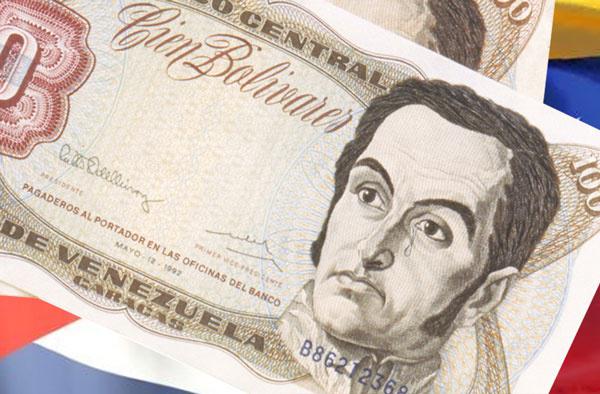
For the past decade, citizens of Latin American countries have grown bolder in protesting their governments’ failed socialist policies. We’ve seen unrest in, among other states, Venezuela, Chile and Colombia, but until recently, we hadn’t heard a peep from Cuba, which has been under communist rule since Fidel Castro’s revolution in 1959.
By Forbes
It’s hard to exaggerate the significance of Cubans taking to the streets to air their grievances against the government. Protests of this scale are unprecedented in the Caribbean island-state’s history.
But living conditions are deteriorating fast, due to President Miguel Díaz-Canel’s mishandling of the economy during the pandemic. Echoing dismal scenes from past failed socialist-communist regimes, Cubans must stand in line for hours to buy food. Power outages can last for hours at a time.
As many others have pointed out, the protests offer hope that change may be right around the corner for Cuba. Its young people—for whom the Castro revolution is fading in relevance—are well educated, active on social media and not shy about taking risks, even in the face of police violence and persecution.
What have they got to lose anyway that socialism hasn’t already stolen from them and their families?
Venezuela to Redenominate Its Currency… Again
Indeed, if you want to see a once-prosperous country’s economy destroy itself, there are few more effective ways than to install a hardline socialist government. Before the revolution, Cuba’s economy was larger than Singapore’s. But whereas the former’s decayed, the latter’s thrived under the free market policies of Lee Kuan Yew, who came into power the same year as Castro. Today, Singapore has one of the world’s highest GDPs per capita and ranks number one on the Heritage Foundation’s Index of Economic Freedom.
To continue reading, click on the following link.

